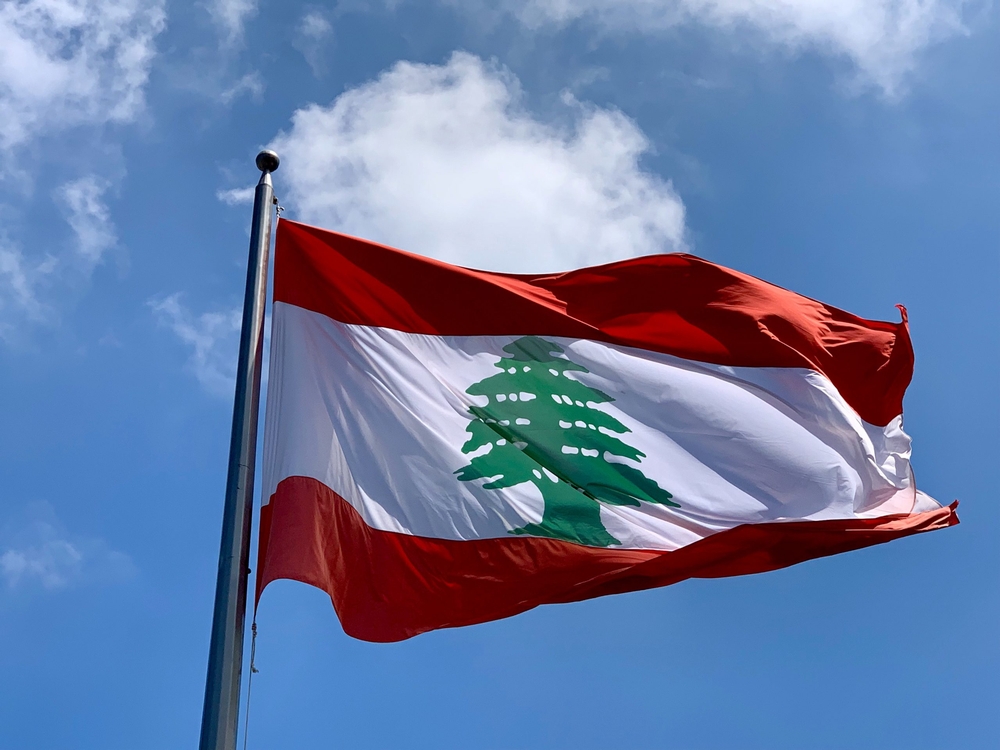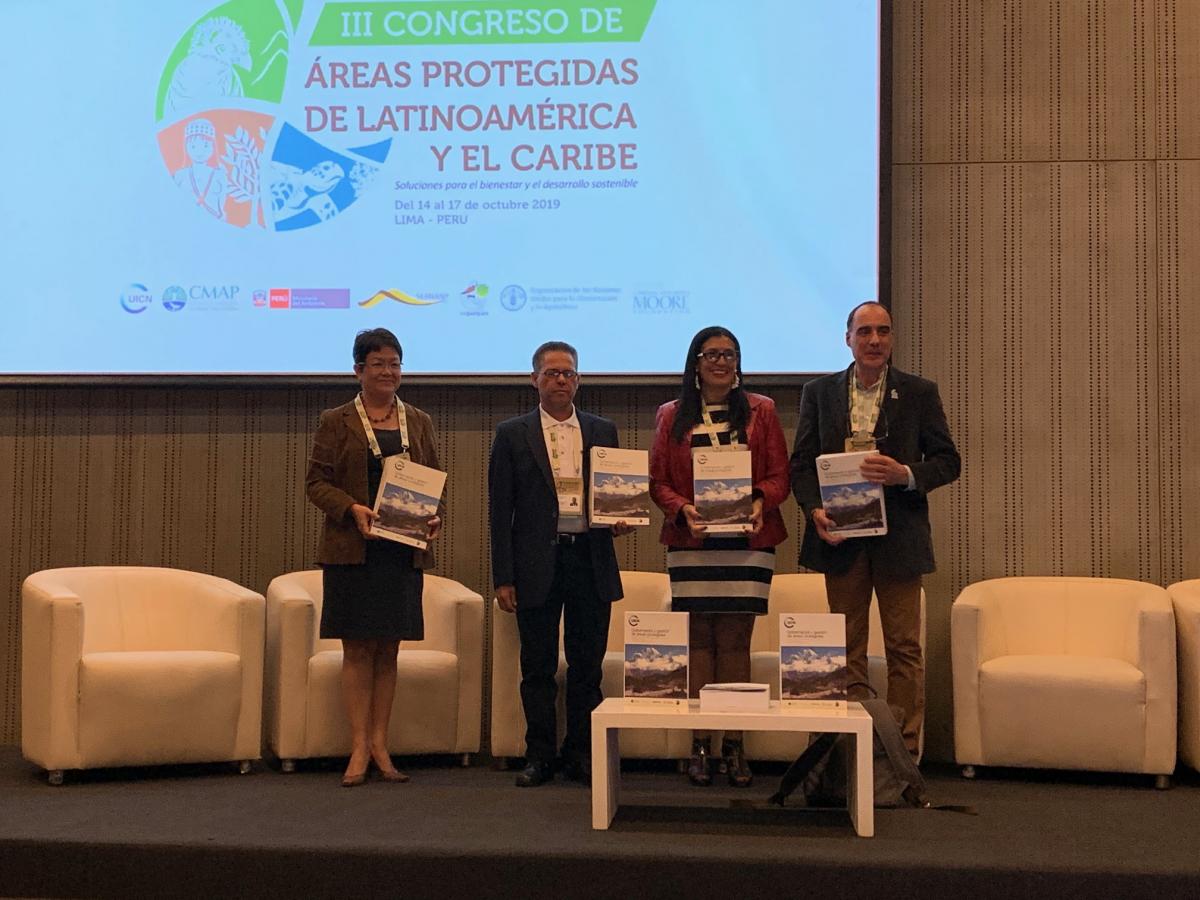Fisheries Sector in Tyre- Lebanon
Rapid market opportunity and value chain analysis for fisheries sector in Tyre - Lebanon infographics
“Marine protected areas” (MPAs) may be important for protecting the marine environment, but they also have substantial a socio-cultural impact about which very little is currently known, or acknowledged in Tyre. It’s the case of most of the MPA in Mediterranean; few data are available on the socioeconomic consequences of MPAs. The present study part of the Sustainable fisheries management for improved livelihoods of the coastal fishing community in Tyre (South Lebanon) analyzed data of the current socio-economic situation of the Tyrian fishermen community, and the possible small and micro-scale businesses that could be developed in Tyre to relieve the pressure on the overexploited fish stocks, while providing viable alternative income to the fishermen community.
Although the conservation of nature should be considered the fundamental objective of MPAs, neglecting their social, cultural and economic impacts has at times led to poor local consensus, if not hostility.
We believe that planning and managing MPAs should be conducted on a multidisciplinary basis. Nonetheless, the very variable characteristics of coastal areas in the Mediterranean require different weightings to be assigned for each factor in order to achieve a durable equilibrium and realize the original objectives of MPAs. Tyre is not different than any other Mediterranean coastal town, the fishing sector in Tyre – the biggest stakeholder and influencer on the MPA - suffers from resource depletion due to overfishing and the use of illegal, unregulated fishing methods such as small fishing nets, use of surface supplied diving for spearfishing and blast fishing. Lack of law enforcement and alternative schemes to generate income for fishermen have resulted in major impediments to sustainability in the fishing sector in South of Lebanon.
Fishing households are aware that to preserve and replenish fish stocks, drastic measures should be implemented. What is more, the sector suffers from deep financial constraints that impede expansion and sustainability. Due to dwindling resources, fishermen live below the financial threshold that allows them to invest in assets and/or to grow businesses that could diversify their income generation methods. There is also the close economic relationship between fishermen and wholesalers, whereby grants to fishermen are provided for discounts of around 20 percent on caught fish, which significantly affects the bargaining power of fishermen. The current income generated by an individual household wholly dependent on fishing is not sufficient to take a loan or invest in growing an enterprise.
At present, the majority of fishermen take out loans to increase their fishing output by purchasing and replenishing their gear that allows them to catch a wider range and amount of fish. Within the context of the sustainability of artisanal fisheries in Tyre, Lebanon efforts are being made to understand how traditional fishermen can improve economic conditions for themselves and their communities through diversification from traditional fishing activities.


